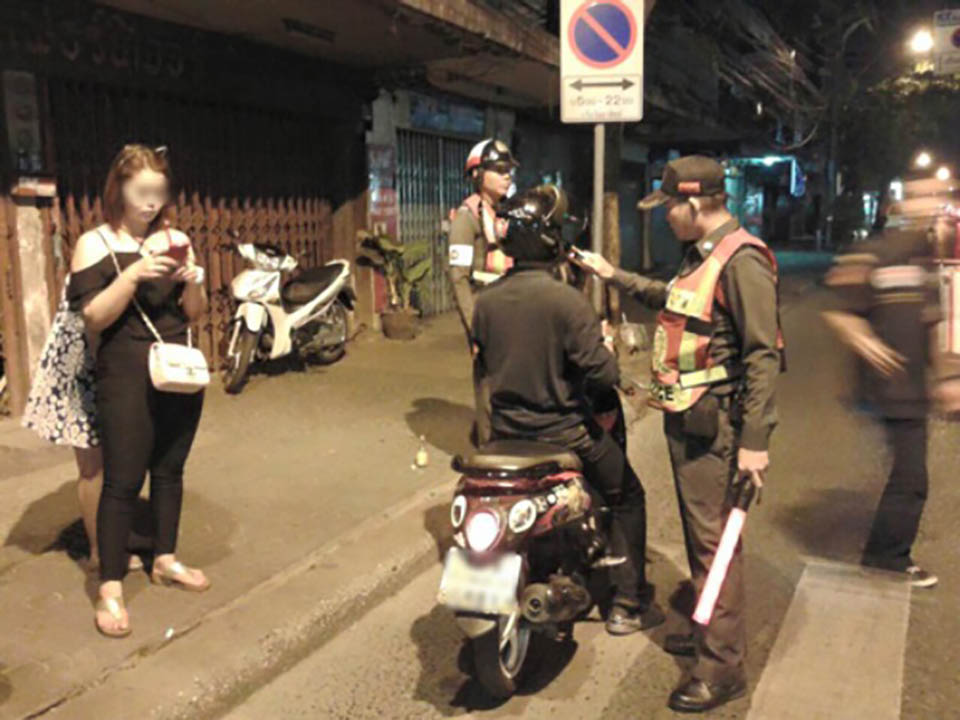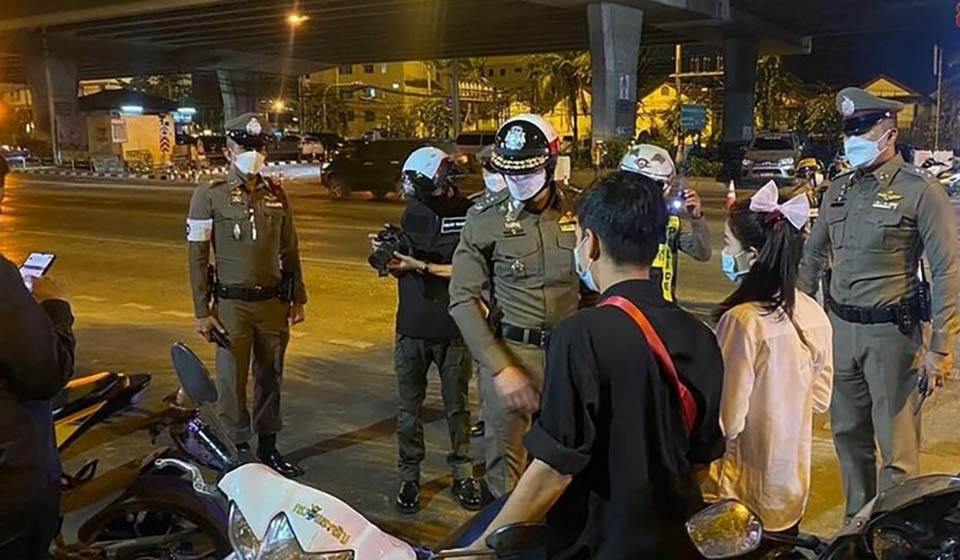
BANGKOK, Thailand – The government has introduced stricter regulations to combat drunk driving, including new methods for alcohol testing and revised blood-alcohol limits for specific age groups. Recently published in the Royal Gazette, the regulations now allow breathalyzer, urine, and blood tests for drivers under 20, those with provisional licenses, and drivers over 50 as part of efforts to reduce alcohol-related accidents.
The new rules set the legal blood-alcohol content limit at 20 milligrams per deciliter for drivers under 20 years old, provisional license holders, and those driving without a valid license. For drivers over 50, the limit is 50 milligrams per deciliter. The regulations outline detailed procedures for collecting urine and blood samples, with results compared to the established blood-alcohol benchmarks.
These changes are part of amendments to the Land Traffic Act B.E. 2522 (1979), replacing previous regulations from 1994 and 2017. The updated measures were signed off by the Prime Minister on September 3 and made official on September 20.
As road safety continues to be a key concern in Thailand, the introduction of multiple alcohol testing methods and age-specific limits represents a significant effort to strengthen the enforcement of drunk driving laws and reduce accidents caused by impaired drivers. (NNT)









